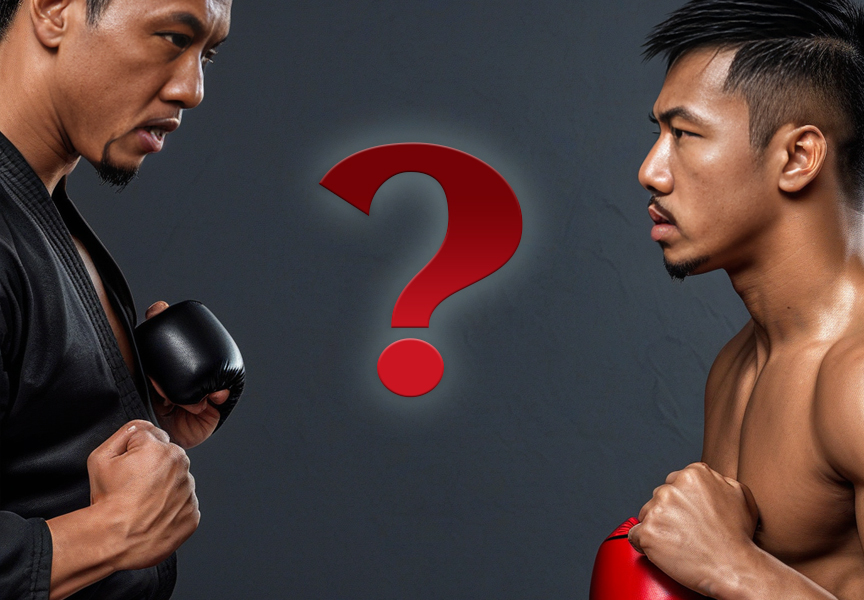Random Free Articles
- Shaolin Rou Quan in Medicine and Health Promotion
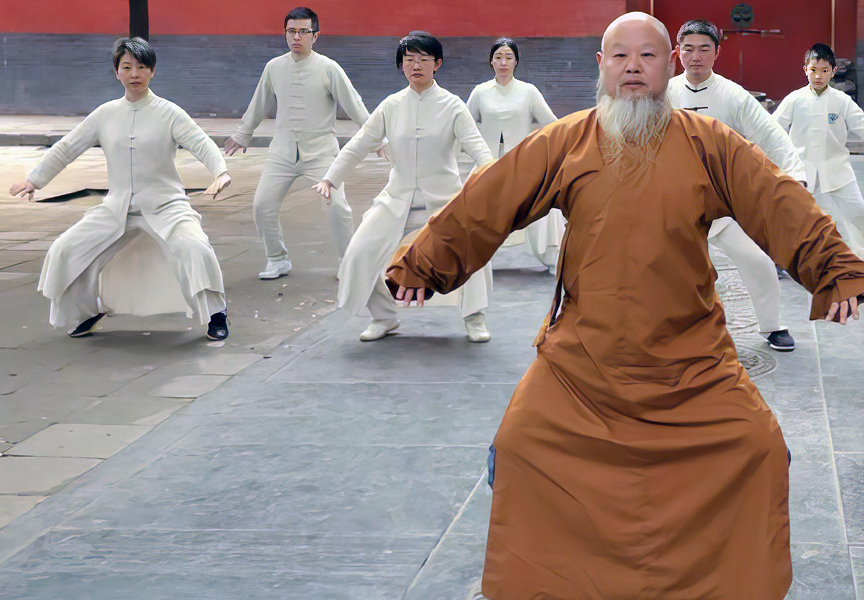
For centuries, the Shaolin Temple in China has been celebrated as the birthplace of martial arts, known for its legendary kung fu techniques and the dedication of its monks. While martial arts are primarily associated with self-defense and physical fitness, there is a lesser-known aspect of Shaolin culture that has been gaining recognition in recent years: Shaolin Rou Quan [Chin.: Shàolín Róu Quán 少林 柔拳]. This gentle and graceful…
- Martial Arts Compulsory in Educational Institutions for a Healthier Society
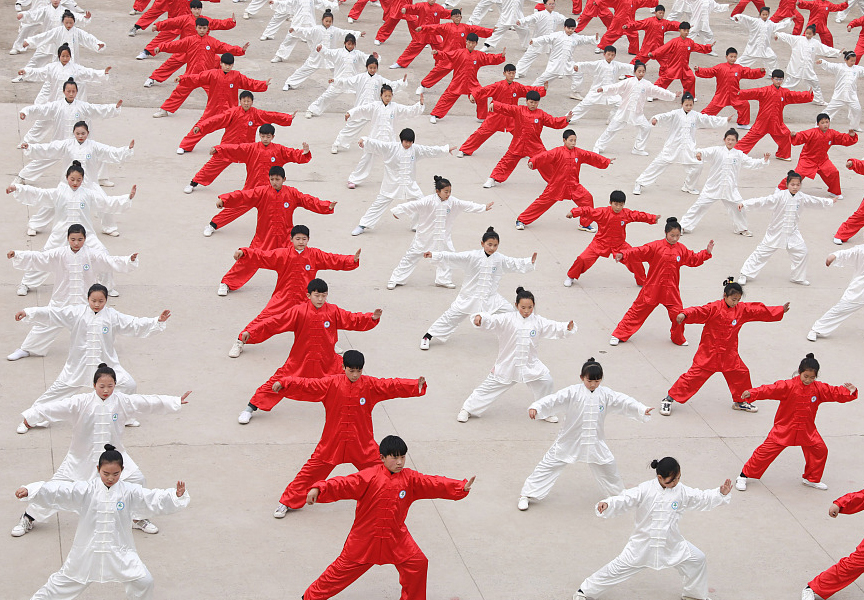
Martial Arts Compulsory in Educational Institutions for a Healthier Society In today's fast-paced and increasingly sedentary world, the importance of physical activity cannot be overstated. Sedentary lifestyles contribute to a myriad of health issues, ranging from obesity to cardiovascular diseases. As societies grapple with these challenges, it becomes imperative to explore innovative solutions to promote physical well-being. One such…
- The Five Skills of Shaolin Soft Fist
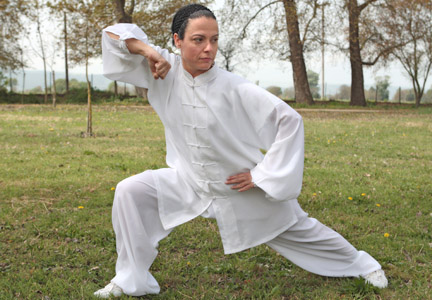
The growth and development of Shaolin [Chin: Shàolín 少林] Soft Fist - Rou Quan [Chin: róuquán 柔 拳] unfortunately was not like that of Shaolin Kung Fu. The need for survival forced the monks to focus on strengthening the body and on defense and combat techniques rather than the healing properties and the energy balancing provided by the art of the old monks. Soft Fist - Rou Quan is a great art, which constantly develops the physical…
- Regulating and Balancing Qi
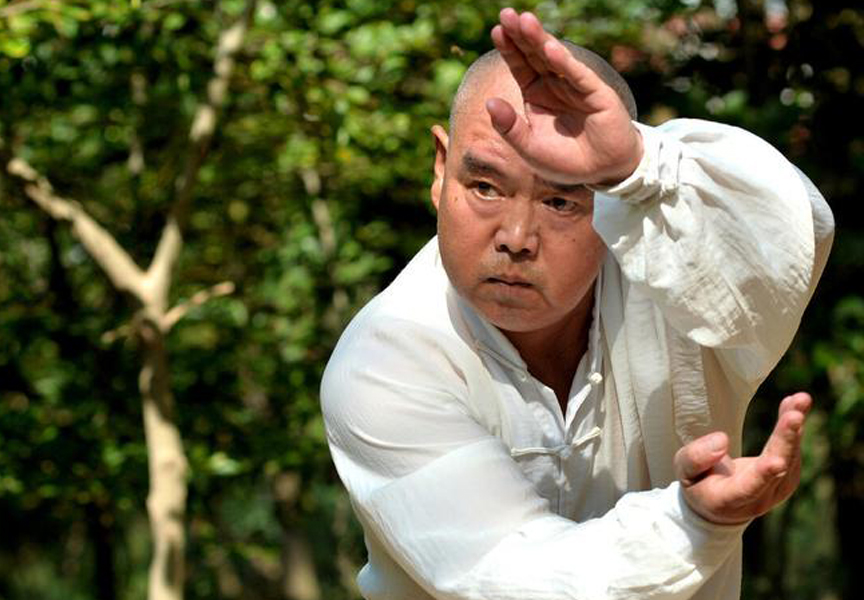
A Holistic Approach to Health and Well-Being The concept of Qi, often pronounced as "chi," is a fundamental principle in traditional Chinese medicine (TCM) and various Asian cultures. Qi represents the vital life force or energy that flows through the human body and the universe, influencing our physical, mental, and spiritual well-being. According to TCM, maintaining a harmonious flow of Qi is essential for good health. Regulating…
- The Manifesto of Martial Arts
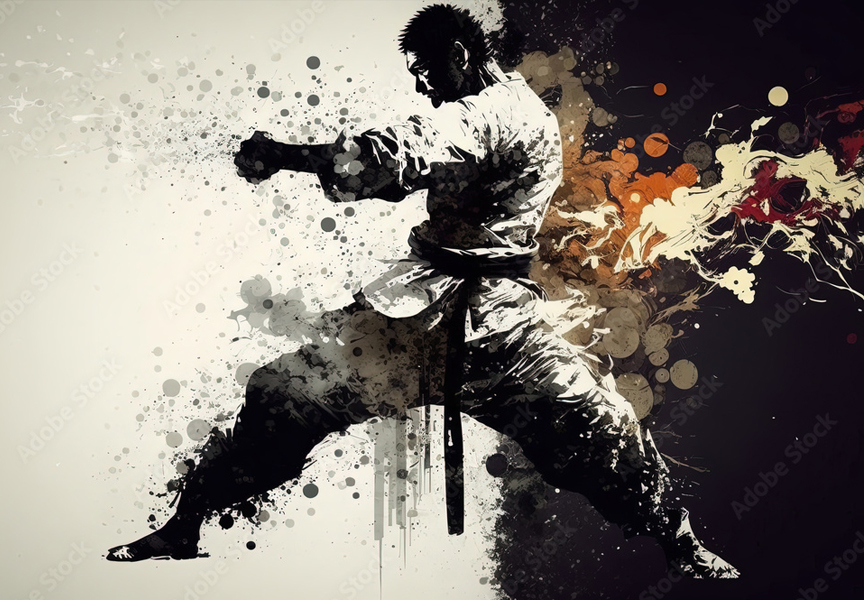
Beyond Championships to Internal Improvement In a world driven by competition and the pursuit of championships, it is imperative to revisit the essence of martial arts. This manifesto seeks to redefine the perception of martial arts, emphasizing that they should not be considered merely as a sport. Instead, martial arts are profound disciplines that transcend the quest for championships, focusing on internal improvement and personal growth. I.…

